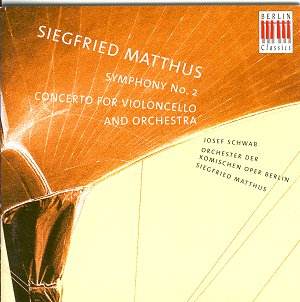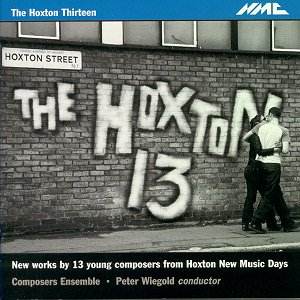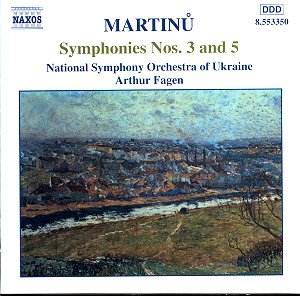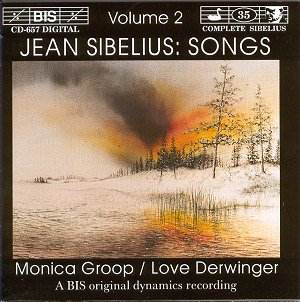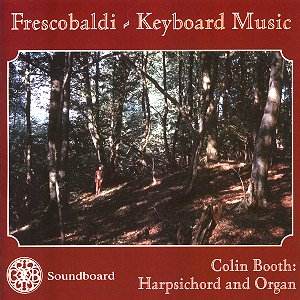 Composer: Girolamo Frescobaldi
Composer: Girolamo Frescobaldi
Works: Toccata 1 (Book I), Capriccio on La Bassa Fiammenga, Canzona 1, Toccata 8 (Book I), Capriccio on L’Aria Or Che noi rimena, Canzona 4, Toccata 5 (Book II), Partite (Variations) on L’Aria della Romanesca, Toccata 11 (Book I), Variations on L’Aria detto Balletto, Ricercar 3, Toccata 7 (Book II), Capriccio on La, Sol, Fa, Mi, Re, Ut
Performers: Colin Booth (harpsichord, organ)
Recording: September 1999, Dillington House, Somerset (harpsichord); October 2000, Easton Village Hall, Somerset (organ)
Label: Soundboard Records
The keyboard music of Girolamo Frescobaldi, a pivotal figure in the early Baroque period, continues to captivate musicians and audiences alike. His works, characterized by their innovative blend of improvisatory flair and structural rigor, reveal a deep understanding of both the keyboard and the expressive capabilities inherent to its various instruments. Colin Booth’s recent recording of Frescobaldi’s selected keyboard works offers an engaging exploration of this rich repertoire, showcasing the composer’s stylistic diversity through a thoughtful juxtaposition of harpsichord and organ interpretations.
Booth’s recording is notable for its intimate and personal approach, deviating from the grandiose interpretations often associated with Frescobaldi’s music. By utilizing a small organ with only two stops, Booth creates a soundscape that is both subtle and refined, allowing the intricate lines of Toccata 11 to emerge with clarity and depth. The choice to record in a simpler environment—far removed from the reverberant spaces of traditional church settings—enhances the listener’s ability to appreciate the nuanced interplay of melodic lines. The slow, intense unfolding of Toccata 11, especially, highlights the organic nature of the music, inviting the listener to engage with its lyrical qualities rather than being overwhelmed by sheer volume.
On the harpsichord, Booth demonstrates commendable technical prowess, particularly in Toccata 7, where he navigates the elaborate runs and shifts in rhythm with a commendable sense of direction. This piece, emblematic of the toccata genre, features an opening section that brims with embellishments, and Booth’s execution captures the improvisatory spirit intrinsic to Frescobaldi’s style. His varied touch throughout the piece—alternating between lightness and a more forceful articulation—reveals a masterful command of the harpsichord’s unique timbres, effectively conveying the composer’s virtuosic demands.
The Partite (Variations) on L’Aria della Romanesca, a highlight of this recording, showcases Booth’s ability to traverse a wide emotional range while maintaining clarity of texture. The variations unfold with a kaleidoscopic array of rhythms and tonal colors, each shift meticulously articulated. While Booth occasionally leans towards a slightly rigid interpretation in the Ricercar 3, his slow, deliberate pacing imbues the fugue with a meditative quality that ultimately captivates the listener.
Sound quality is commendable, with an engineering that respects the instruments’ acoustic properties and allows their unique character to shine. The contrasting sonic palettes of the harpsichord and organ are effectively captured, providing a cohesive listening experience that enhances the diversity of Frescobaldi’s works. While some may prefer a more exuberant interpretation of these pieces, Booth’s nuanced approach rewards those who listen attentively, revealing a tapestry of subtleties that might otherwise go unnoticed.
This recording stands as a significant contribution to the growing discography of Frescobaldi’s keyboard music. Colin Booth’s innovative use of both instruments, paired with his sensitive interpretations, offers listeners a refreshing perspective on this essential repertoire. The result is a compelling exploration of Frescobaldi’s art, one that successfully bridges historical performance practice with contemporary sensibilities, making it an essential addition to any collection dedicated to early keyboard music.
